Drug policy begs to be reformed throughout the globe as perceptions change and stigmas erase, preparing people for a long overdue renaissance that reexamines the way we look at hallucinogens.
The psychedelic community is leading the charge for this reform, educating people on substances like MDMA, psilocybin, LSD, and ketamine and the powerfully transformative effect they can have on a person’s life.
MY Self Wellness’s Lighter: A Ketamine Experience is one of the first documentaries of its kind, examining how people can utilize the healing benefits of ketamine to accomplish a full mental reset.
Ketamine Clinic to Release Never-Before-Seen Documentary on Psychedelic Therapy
With experience treating depression, anxiety, trauma/PTSD, chronic pain, and more, MY Self Wellness serves patients all over the country, opening their eyes to alternative ways of treatment for the best mental outcome.
They aim to open the eyes of many others through their documentary, an hour-long feature that explores the life journeys of three people who struggle with the ongoing effects of anxiety, trauma, and addiction.
The documentary follows these individuals as they commit to ketamine therapy at MY Self Wellness, reaping life-changing results they want to tell the world about.
“I suffered from depression, anxiety, and PTSD in the past, and I self-medicated with alcohol. I never thought I’d be able to alleviate that,” said Brand Ambassador Charles Patti.
“If it wasn’t for psychedelics, I wouldn’t be having this conversation today. This has truly been the catalyst for changing my entire life.”
MY Self Wellness Clinic Aims to Break the Psychedelics Stigma for Good
The clinic was founded by President Christina Thomas, a psychedelics advocate on a mission to share the restorative benefits of ketamine with anyone suffering from mental, emotional, and/or physical distress.
Thomas was suffering from PTSD when she first experienced psychedelics (ketamine, MDMA, and DMT) in a therapeutic manner.
“I didn’t realize how much PTSD I was suffering from. At the time, I always shoved it to the back of my mind, but through my psychedelic experience, I was allowed to let go of that, and that set me forth on this new path with Charles,” Thomas said.
Patti and Thomas both knew they were taking an incredible leap of faith when they quit their “normal” 9-5 jobs to pursue careers in the psychedelics space, but it was a risk they both deemed to be absolutely worth it.
After his experiences with therapeutic doses of psilocybin, MDMA, and ketamine, Patti was convinced this new way of treatment was life-changing, and he was ready to spread the word.
“I sat down with Christina and said, listen, if I went through twenty years of misery and this saved my life, then I’m too passionate about it not to help others. I asked her to take that leap of faith with me, and she did,” Patti said.
“Then, it was like the synchronicity of the universe just allowed everything to fall into place so quickly.”
Patti and Thomas opened up their facility one week before the globe would go into COVID lockdown, which meant the odds were completely against them for success. However, the couple remained positive, forging on and developing the clinic into what it is today.
“Over two and a half years later we've done thousands of treatments, helping roughly 400 people along the way,” Patti said.
“We’ve helped people get away from antidepressants, antipsychotics, street drugs, and alcohol. We have an incredibly high success rate of getting people away from pharmaceutical medications for good.”
New Documentary Explores The Lifechanging Benefits of Psychedelics
Lighter: A Ketamine Experience delves deeper into Thomas’s and Patti’s experiences, featuring testimonials from psychedelic professionals Dr. Michelle Weiner and Dustin Robinson, Esq. CPA to further validate their claims, along with the anecdotal evidence from the three individuals who’ve undergone ketamine treatment.
The documentary starts out by exploring the severe effects depression has had on much of the globe, calling to attention the fact that much of the pharmaceutical medicines are just Bandaids for open wounds that run much, much deeper.
“A lot of people are suffering, and a lot of the suffering has to do with trauma,” Weiner says in the documentary.
Rather than explore what the root of trauma is for patients in need, our current healthcare system operates in a cold and careless manner, throwing pills at the problem and hoping it’ll fix itself along the way.
Experts in the psychedelics field are well aware of this gap in treatment and how detrimental it can be to a patient’s healing process.
“With these pharmaceutical medications, people are stuck taking a pill every day for the rest of their life, and then they have to take two other pills to prevent the side effects of the first pill. They’re never actually able to work through their issues,” Patti said.
“Psychedelic therapy is very different. People are mending and healing past traumatic experiences – allowing them to be processed, released, and let go for good. We’re actually getting to the root of why people are suffering in the first place.”
This is the mission of MY Self Wellness: empowering clients to take a hold of their own healing journey while the clinic walks hand in hand with them along the way.
“We are never going to tell a patient, ‘You’re broken and this is how I’m going to fix you.’ We really want to do the work together and share that experience,” Thomas said.
The clinic incorporates other wellness techniques with their treatments, teaching patients how to utilize meditation, breath work, and other recipes for long-term success they can achieve on their own.
“We have people having these divine experiences, saying they met God or spoke to deceased relatives. People will go out into the cosmos and meditate – one woman in treatment said she was meditating with Buddha and Jesus during her experience,” Patti said.
“For me, psychedelic medicine gave me the ability to love myself enough to actually want to change my life. We want to share that with everyone we can.”
Of course, Patti and Thomas don’t see psychedelic treatment as a cure-all. Instead, it’s a powerful foundational tool to get patients on the right track as they take charge of their healing process.
“In society, we’re taught not to accept our emotions; we just suppress them,” Thomas said.
She recalls a few years back, when she wanted to post some videos of her doing motivational talks on Facebook.
“My mom was embarrassed about that. She didn’t want me to put my shit out there, and a lot of parents are like that. They don’t want us to show our baggage, but that’s what molds us into the adults we are today,” Thomas said.
“These are things we need to work through, or else they’ll continue to hold us back in life. If we can just let these things go, we can be in a much stabler place mentally.”
The psychedelic experience allows people to do just that: go back and relive traumatic experiences as an objective third party, which allows patients to relive and release those negative emotions in a real way.
However, Thomas cautions anyone interested in psychedelic treatment to make sure they’re properly vetting their clinic of choice beforehand.
“A lot of places are handing out medicine without really integrating the full experience. Some clinics may not even offer therapy, and that’s a huge part of the process,” Thomas said.
“Medicine can and will open you up, and that can bring forth a lot of feelings you may not be ready to deal with alone. We’re starting a ketamine coalition soon – a group of clinics nationwide that have been vetted and approved for safety and true healing purposes.”
To stay tuned into Lighter’s release, visit the documentary website here for updates.
Need a little more Bluntness in your life? Sign Up for our newsletter to stay in the loop.
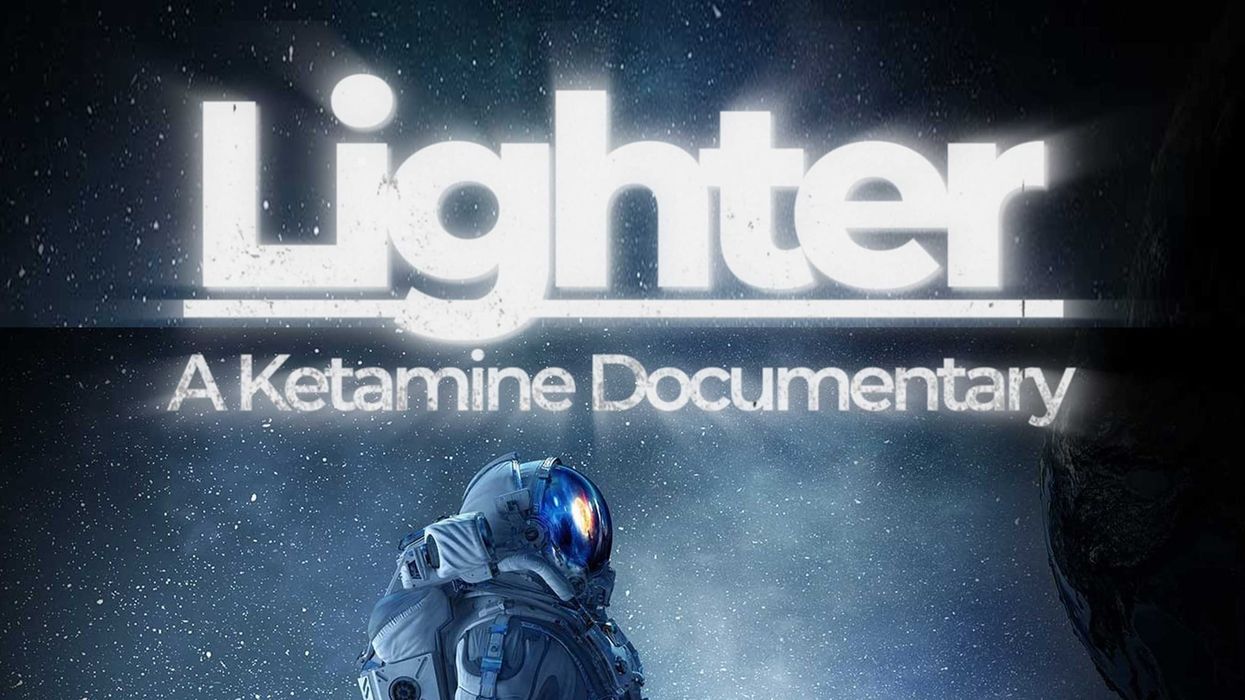






 11 Signs You've Greened Out and How to Handle It - The Bluntness
Photo by
11 Signs You've Greened Out and How to Handle It - The Bluntness
Photo by  11 Signs You've Greened Out and How to Handle It - The Bluntness
Photo by
11 Signs You've Greened Out and How to Handle It - The Bluntness
Photo by 






 The Truth About THC Candle: Cannabis Candles & How to Make Your Own - The Bluntness
Photo by
The Truth About THC Candle: Cannabis Candles & How to Make Your Own - The Bluntness
Photo by 
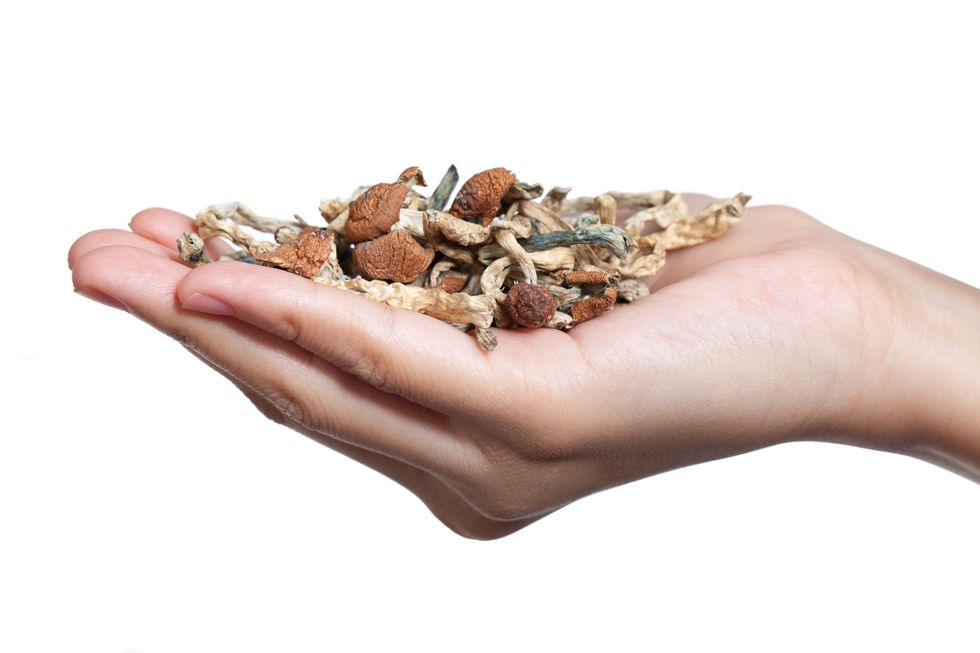 How to Make Mushroom Tea - The Bluntness
null
How to Make Mushroom Tea - The Bluntness
null
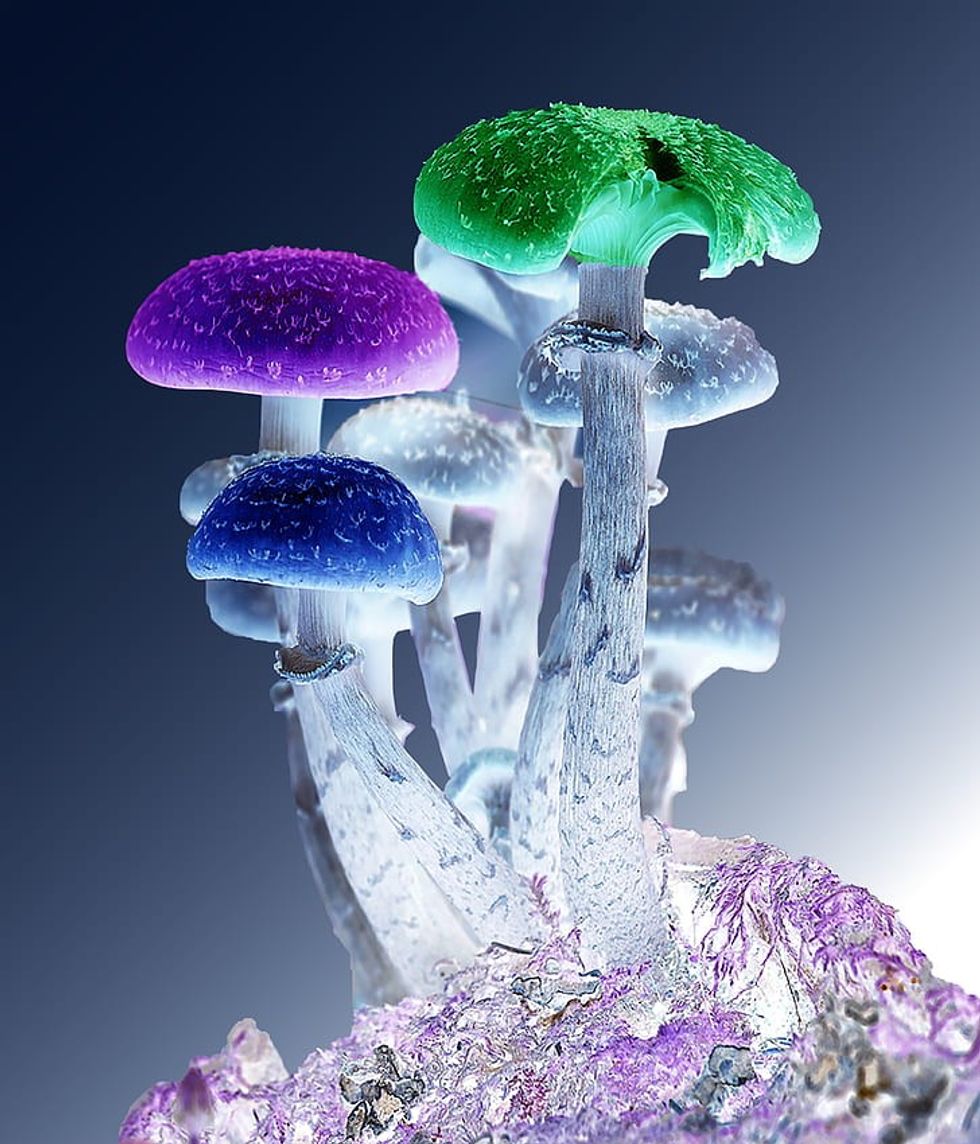 How to Make Mushroom Tea - The Bluntness
www.pickpik.com
How to Make Mushroom Tea - The Bluntness
www.pickpik.com
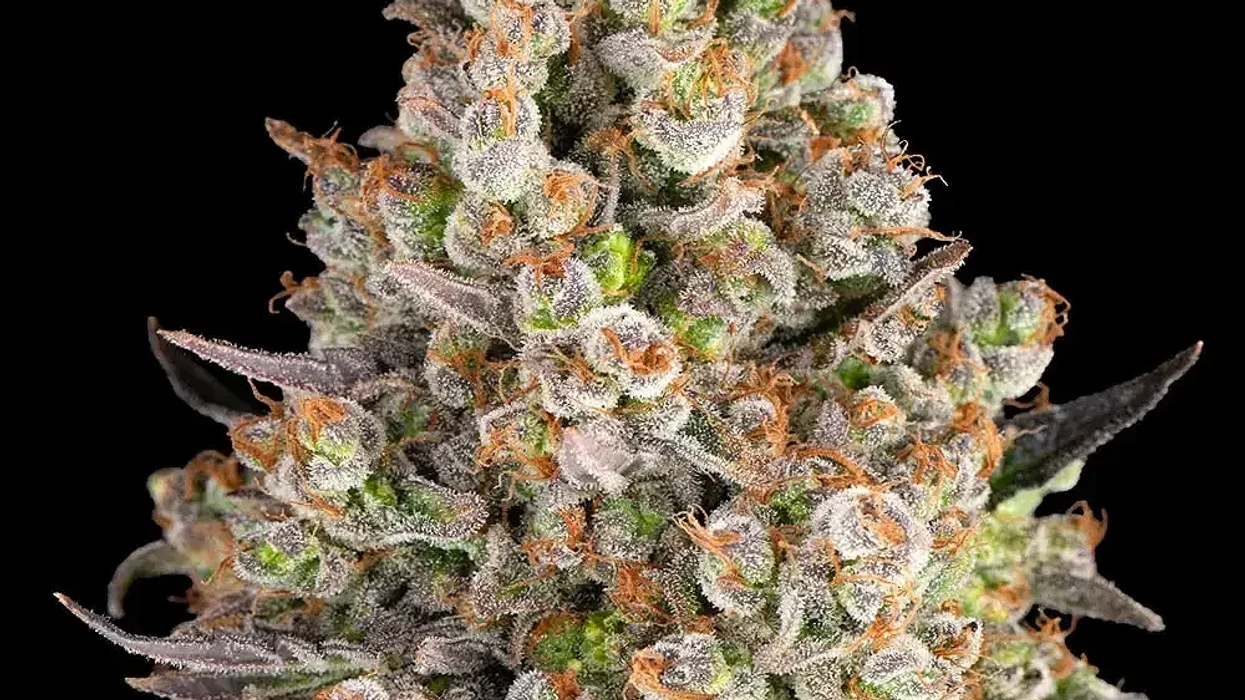
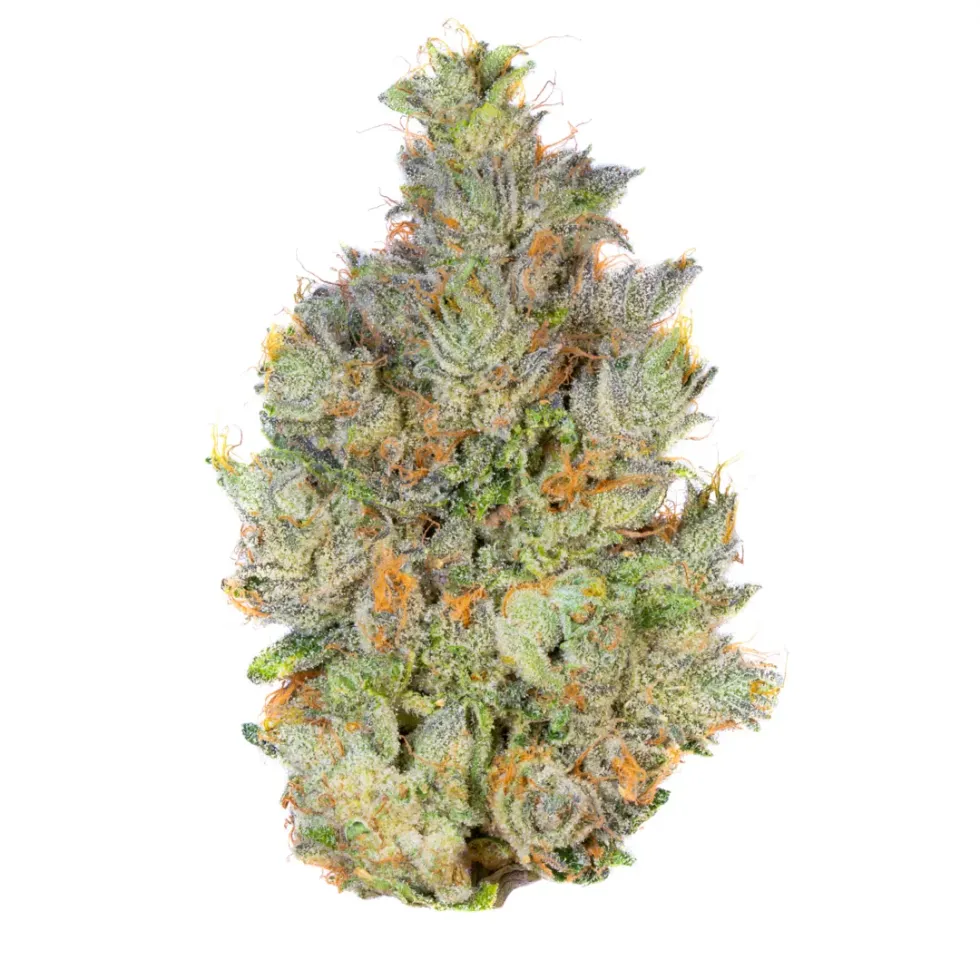 OG Kush Strain: The West Coast Classic That Defined a Generation - The BluntnessAlien Labs
OG Kush Strain: The West Coast Classic That Defined a Generation - The BluntnessAlien Labs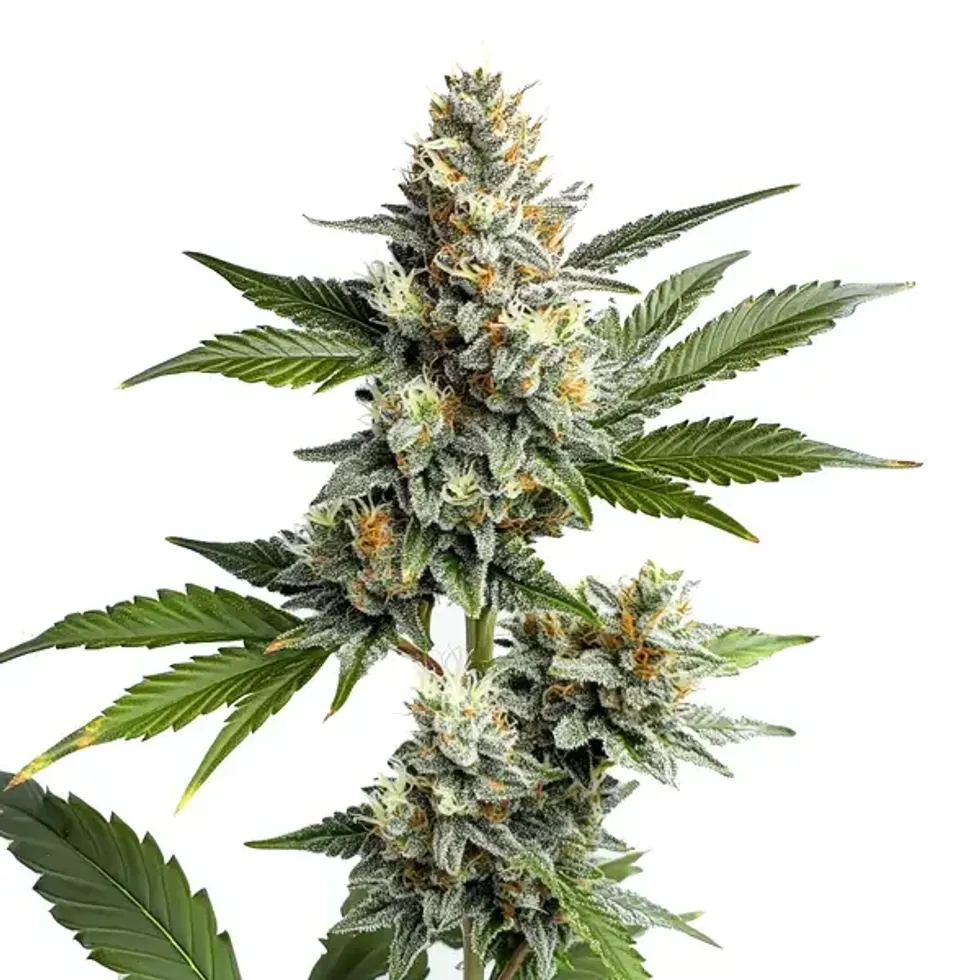 OG Kush Strain: The West Coast Classic That Defined a Generation - The Bluntness
OG Kush Strain: The West Coast Classic That Defined a Generation - The Bluntness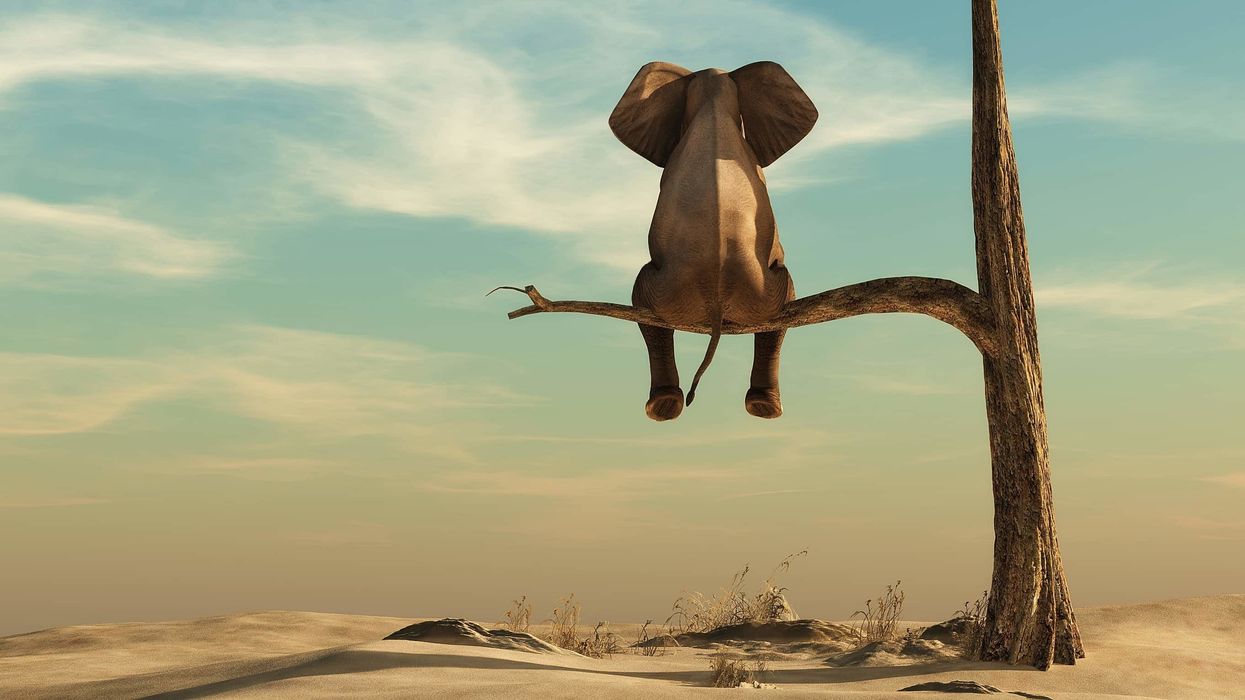
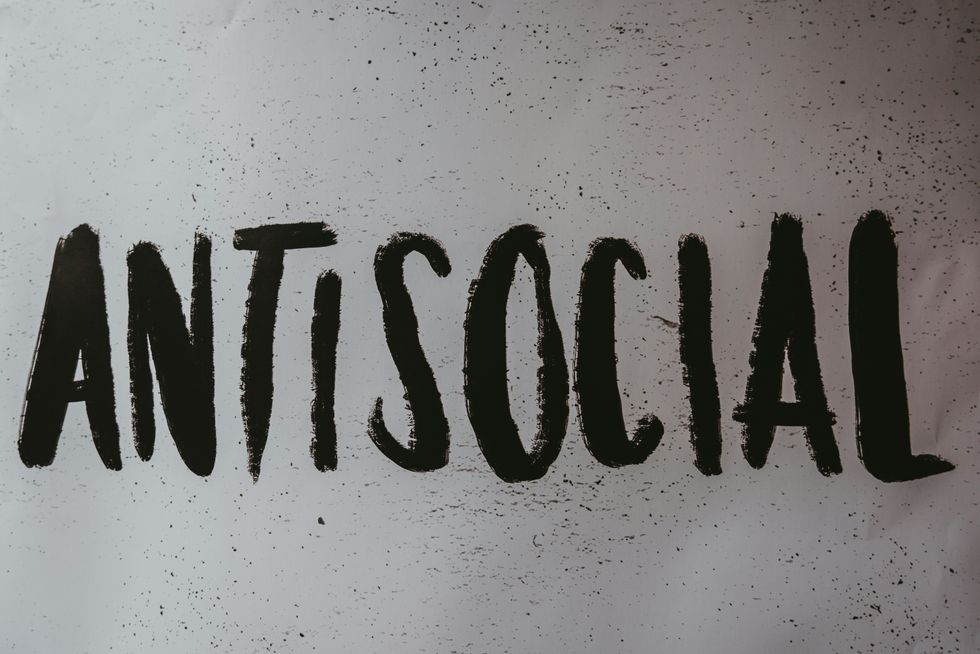 Recognizing the Signs of Antisocial Behaviors - The Bluntness
Photo by
Recognizing the Signs of Antisocial Behaviors - The Bluntness
Photo by  Weed Makes Me Antisocial: What To Do - The Bluntness
Photo by
Weed Makes Me Antisocial: What To Do - The Bluntness
Photo by